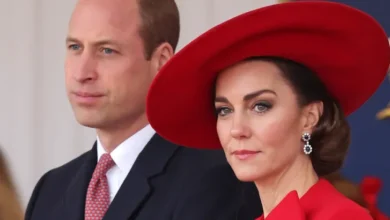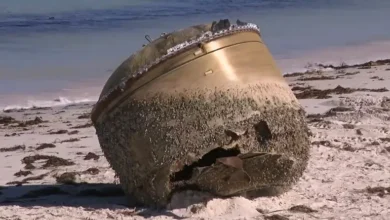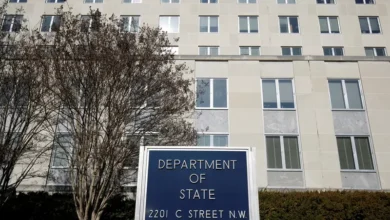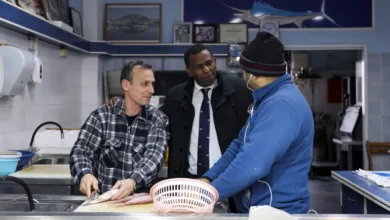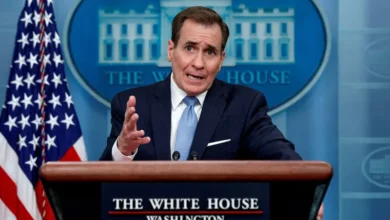In JD Vance’s home state of Ohio, an ongoing fight against opioid addiction

The speech was JD Vance’s chance to introduce himself to a national audience.
A freshman senator from Ohio, Vance had only 18 months of experience in Congress when Republican presidential candidate Donald Trump picked him to be his 2024 running mate
It was a Monday in July when the announcement about Vance’s selection was made. By that Wednesday, Vance was on stage at the Republican National Convention, preparing to address voters across the United States.
What he decided to share was a glimpse at his family’s history with opioid addiction.
“Our movement is about single moms like mine who struggled with money and addiction but never gave up. I’m proud to say that tonight my mom is here, 10 years clean and sober. I love you, mom,” he said, as his mother, Bev Vance, blew him a kiss from the crowd.
The audience erupted in chants of “JD’s mom! JD’s mom!” Vance has made tackling the opioid crisis a mainstay of his campaign appearances ever since.
This month, when he rallied in Byron Center, Michigan, he outlined a vision in which he and Trump would close US borders to “stop the drugs”. Then, a few days later in Kenosha, Wisconsin, he called for drug dealers to receive the death penalty.
But in Vance’s home state of Ohio, addiction experts and advocates say they have yet to hear policy proposals in this year’s presidential race that would adequately address the complex nature of the opioid crisis.
Jackie Phillips Carter, the health commissioner for the city of Middletown, Vance’s hometown, said neither Democrats nor Republicans have put forward viable solutions.
“There are so many obstacles and roadblocks,” she said, “that I don’t think anybody is serious about addressing the issue.”
Barriers to access
When advocate Dennis Cauchon reflects on the hurdles to confronting the opioid crisis, he thinks of his colleague Dylan Stanley.
Cauchon serves as president of Harm Reduction Ohio, a drug policy nonprofit based east of the state capital, Columbus. In 2018, he hired Stanley to lead community outreach.
She excelled at the role. Cauchon credits her with saving countless lives.
“Dylan was one of our earliest and best distributors of naloxone,” Cauchon said, referring to the nasal spray used to reverse the effects of an opioid overdose.
.
But Stanley herself struggled with addiction, and she relied on methadone to treat her opioid use disorder.
Getting the medication, though, required her to criss-cross Columbus by bus: Only certified treatment programmes can dispense the tightly regulated drug. And there was regularly a line at the door by the time she arrived.
Four years ago this month, Stanley died of a probable overdose at age 30, Cauchon said. She left behind a two-year-old daughter, Ruby.
While Cauchon said he respects Vance’s personal story, he feels it is unlikely the Republican’s hard-knuckle proposals will move the needle when it comes to helping those struggling with addiction, like Stanley.
“I don’t think he has a good understanding of what needs to be done. A lot of people are well-meaning but do the opposite of what’s needed because it’s a complex issue,” said Cauchon.
